
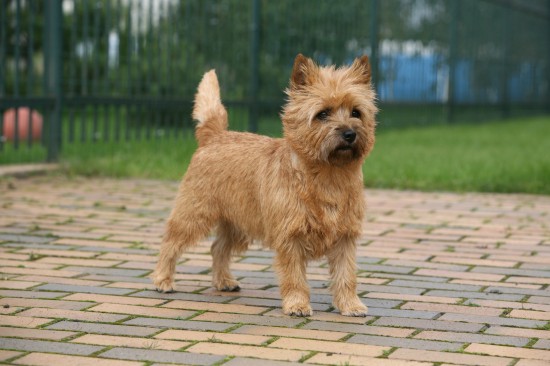

The Cairn terrier is a small dog breed that hails from the Scottish Highlands, and that falls within the terrier grouping. Recognised as one of the oldest of all of the UK’s terrier breeds, these small, lively dogs stand up to 13” tall at the withers and can weigh up to 15lb. They have rough, shaggy topcoats with a much softer insulating undercoat with a downy texture, and can be seen in a range of colours including black, grey, cream, red and brindle.
The breed’s earliest origins show that the Cairn terrier was first developed on the Isle of Skye, and they were in fact first referred to as the short-haired Skye terrier. However, the breed was later re-named, to make the distinction between them and the true Skye terrier, which is a totally separate breed in its own right.
As one of the oldest and best established of all of the terrier breeds, the Cairn terrier is considered to be a robust, healthy dog that is generally fit and well and not prone to suffering from a wide range of health problems. However, like all pedigree dog breeds, the Cairn terrier has a hereditary predisposition to a few health issues and irregularities, and all potential Cairn terrier owners are advised to research these before committing to a purchase. In this article, we will look at the longevity, health and hereditary breed issues of the Cairn terrier in more detail. Read on to learn more.
The average longevity of the breed as a whole provides a fairly wide ranged figure, being between 12-17 years. The lower end of this scale tends to reflect dogs of the breed whose lives are shortened due to certain hereditary health problems, while other breed lines that do not possess such a predisposition tend to live to significant old age in good health.
The coefficient of inbreeding statistic for the Cairn terrier breed as a whole is 6.8%, which is considered to be low enough not to produce a wide range of problems in and of itself. Cairn terrier breeders are advised to calculate the coefficient of inbreeding for their own breed lines, and keep their figures as low as possible.
The British Veterinary Association runs a breed-specific health scheme for the Cairn terrier to test for the presence of diffuse ocular melanosis, which causes abnormal pigmentation of the eye. DNA testing is also available for parent dogs of the breed, to identify the presence of certain hereditary flaws and health conditions, including:
Bile acid testing of Cairn terrier puppies is also recommended by Cairn terrier breed clubs and organisations.
There are also a significant number of other health conditions within the Cairn terrier breed that have a hereditary element to them, but for which no pre-breeding tests are currently available. Some of these are potentially serious, and may shorten the lifespan of affected dogs significantly. Such conditions include:
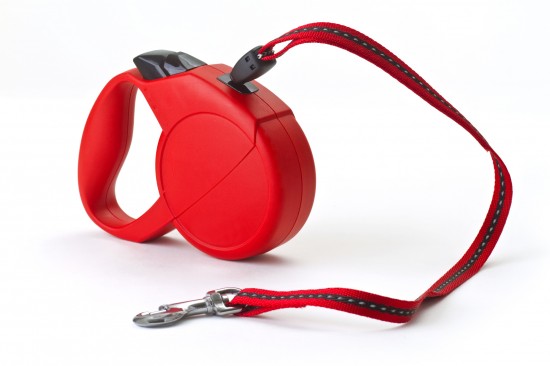 Dogs And Retractable Leads - How To Use Them Safely And Correctly
Dogs And Retractable Leads - How To Use Them Safely And Correctly
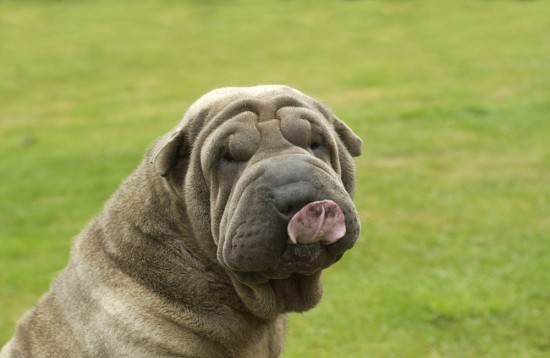 Dog Breed Traits That Can Influence Temperament And Behaviour
Dog Breed Traits That Can Influence Temperament And Behaviour
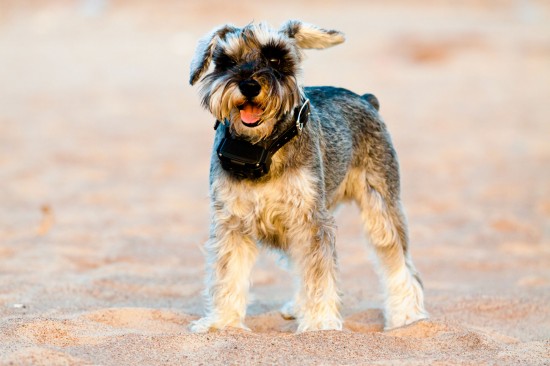 All About Tracking Collars For Your Dog
All About Tracking Collars For Your Dog
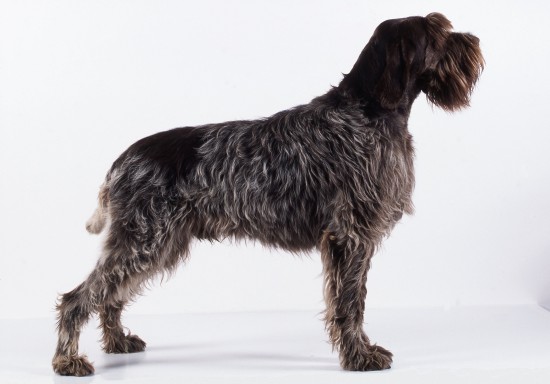 Is A Wirehaired Pointing Griffon The Right Dog For You?
Is A Wirehaired Pointing Griffon The Right Dog For You?
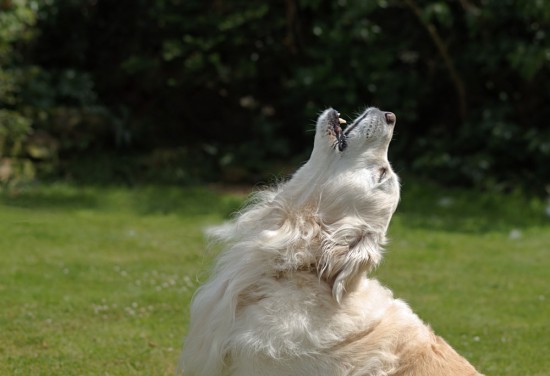 Why Dogs Howl And How To Deal With It
Why Dogs Howl And How To Deal With It
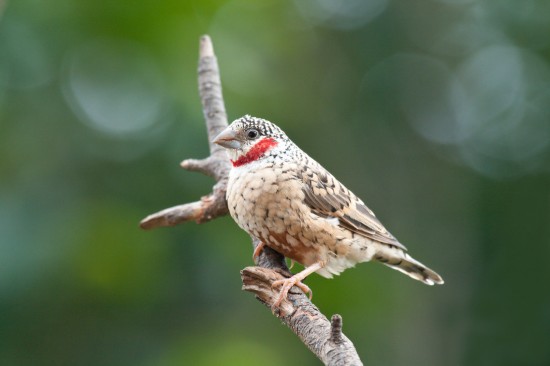 The Cut-throat & The Red-headed Finches
The Cut-throat & The Red-headed Finches
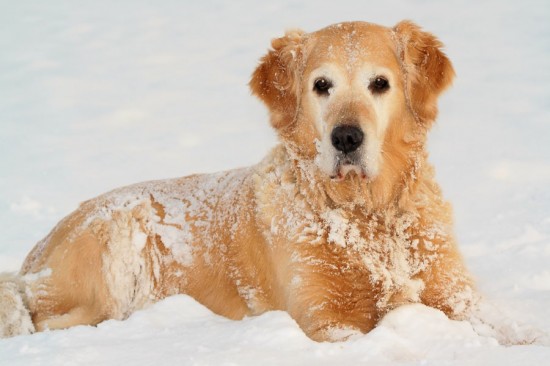 Pet Insurance For Older Pets
Pet Insurance For
Pet Insurance For Older Pets
Pet Insurance For
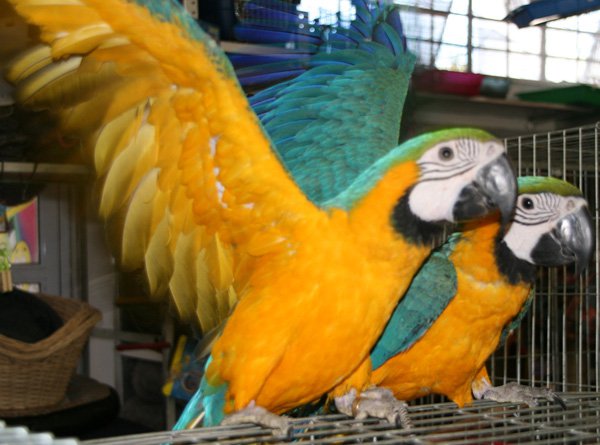 Do You Know How To Clear Cloudy Aquarium Water The Easy Way?
Do You Know How To Clear Cloudy Aquarium Water The Easy Wa
Do You Know How To Clear Cloudy Aquarium Water The Easy Way?
Do You Know How To Clear Cloudy Aquarium Water The Easy Wa
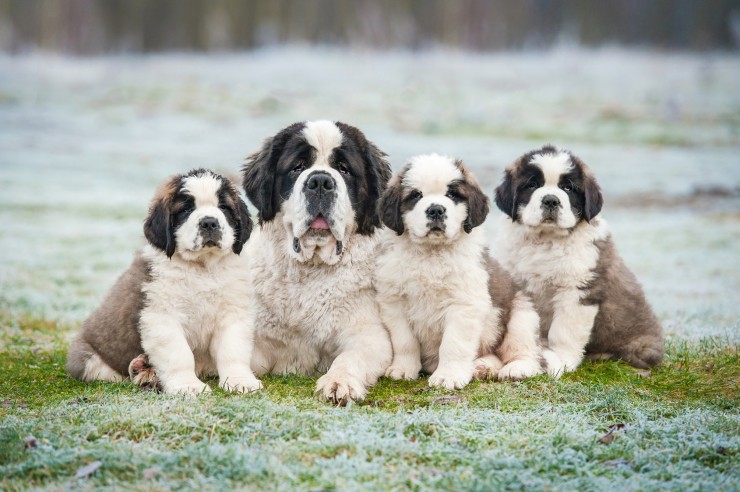 Defra Consultation On Tougher Licence Controls For The Breeders And Sellers Of Puppies
Defra Consultatio
Defra Consultation On Tougher Licence Controls For The Breeders And Sellers Of Puppies
Defra Consultatio
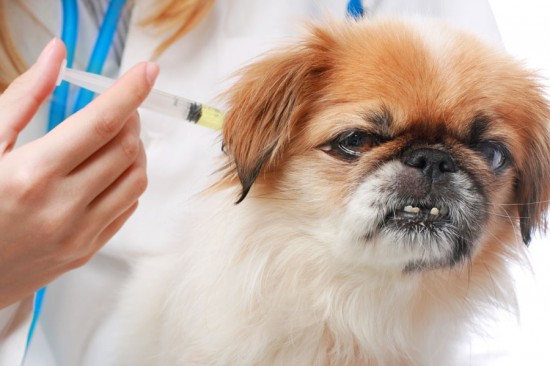 Canine Inoculations - Necessary Or Not?
Canine Inoculatio
Canine Inoculations - Necessary Or Not?
Canine Inoculatio
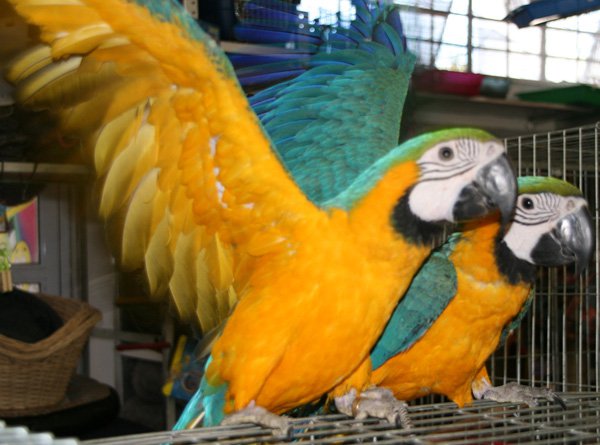 Now drones to track, search and find your pets
Now drones to track, search and find your pets
Now drones to track, search and find your pets
Now drones to track, search and find your pets
Copyright © 2005-2016 Pet Information All Rights Reserved
Contact us: www162date@outlook.com